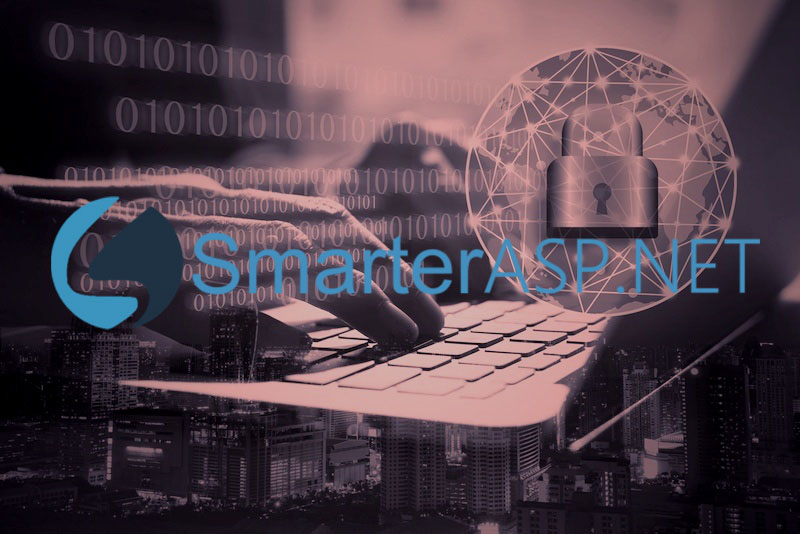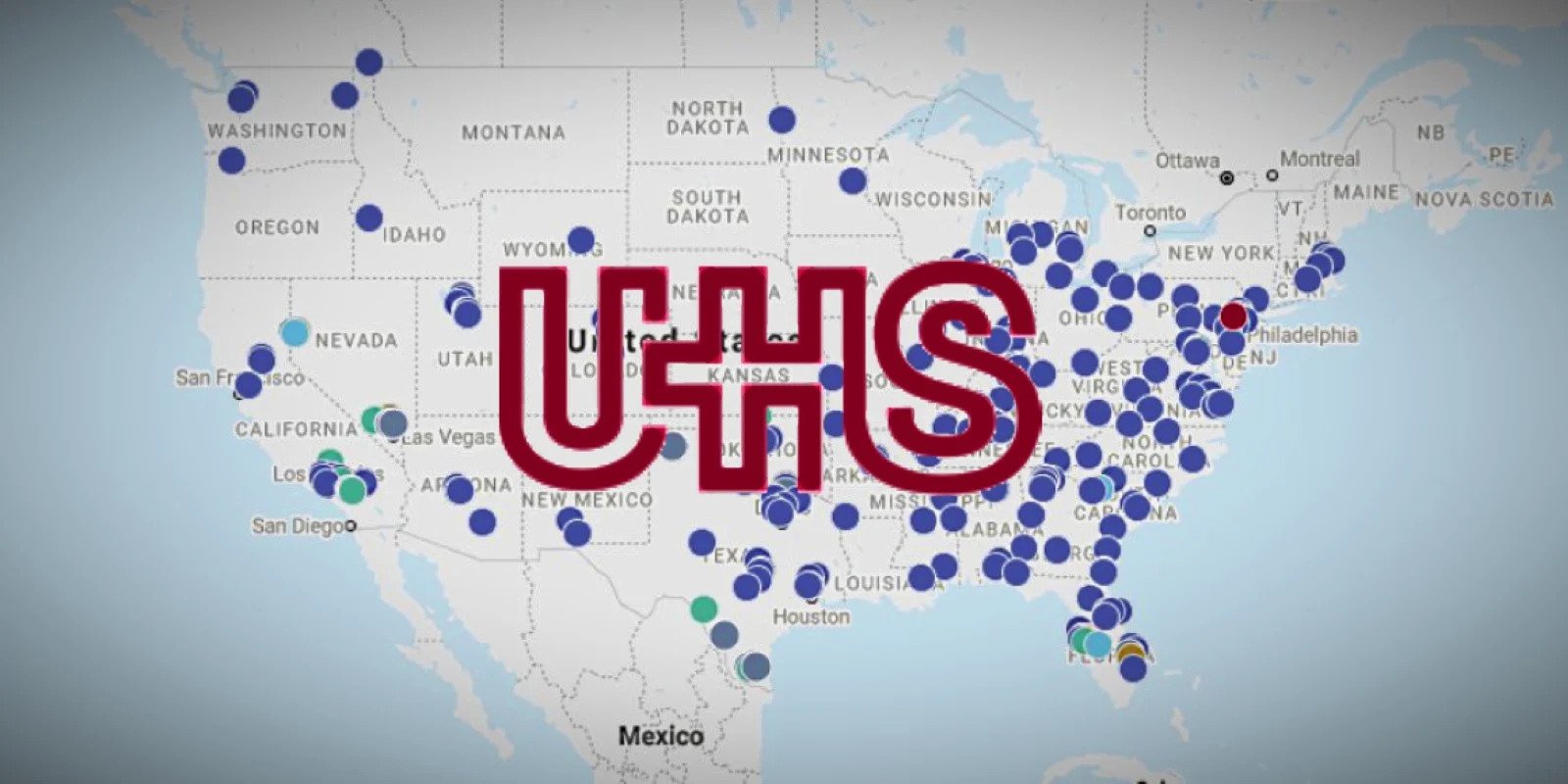Google Bans Deepfake-Related Projects in Colaboratory
Google has quietly banned deepfake-related projects from using its Colaboratory (Colab) service, ending the massive use of the platform’s resources for this purpose.
Let me remind you that we just wrote that Deepfakes with Elon Musk Are Used to Advertise the Fraudulent BitVex Platform.Bleeping Computer journalists who drew attention to these changes remind that Colab is a computing platform that allows researchers to write and execute Python code in a browser using free computing resources, including GPUs, to implement their projects. With multi-core GPUs, Colab is ideal for machine learning projects, data analysis, and deepfakes.
The publication writes that, judging by archive data from archive.org, the ban appeared at the beginning of this month, when Google Research developers quietly added deepfakes to the list of banned projects.
As DFL developer chervonij notes, those who are currently trying to train deepfakes on the Colab platform see the following error: “You may be executing prohibited code, and this may limit your ability to use Colab in the future. Pay attention to the prohibited actions indicated in our FAQ.
It is not known for what reason Google took this step, since the company did not comment on the changes in any way. Perhaps the ban was imposed for ethical reasons or because of the excessive abuse of free computing resources, which has already crossed all boundaries.
Journalists believe that the ban will have far-reaching consequences for the entire “production” of deepfakes, as many users applied models pre-trained on Colab to quickly launch their projects. Colab has made the process of creating deepfakes so easy that there are many guides on the web, even for those with no programming experience.
Colaboratory capacity is now prohibited from being used for the following types of projects:
- file hosting, multimedia serving and other web services not related to interactive computing in Colab;
- downloading torrents or participating in P2P file sharing;
- using remote desktop or SSH;
- connection to remote proxies;
- cryptocurrency mining;
- DoS attacks;
- cracking passwords;
- using multiple accounts to bypass access or resource usage restrictions.
- creation of deepfakes.





